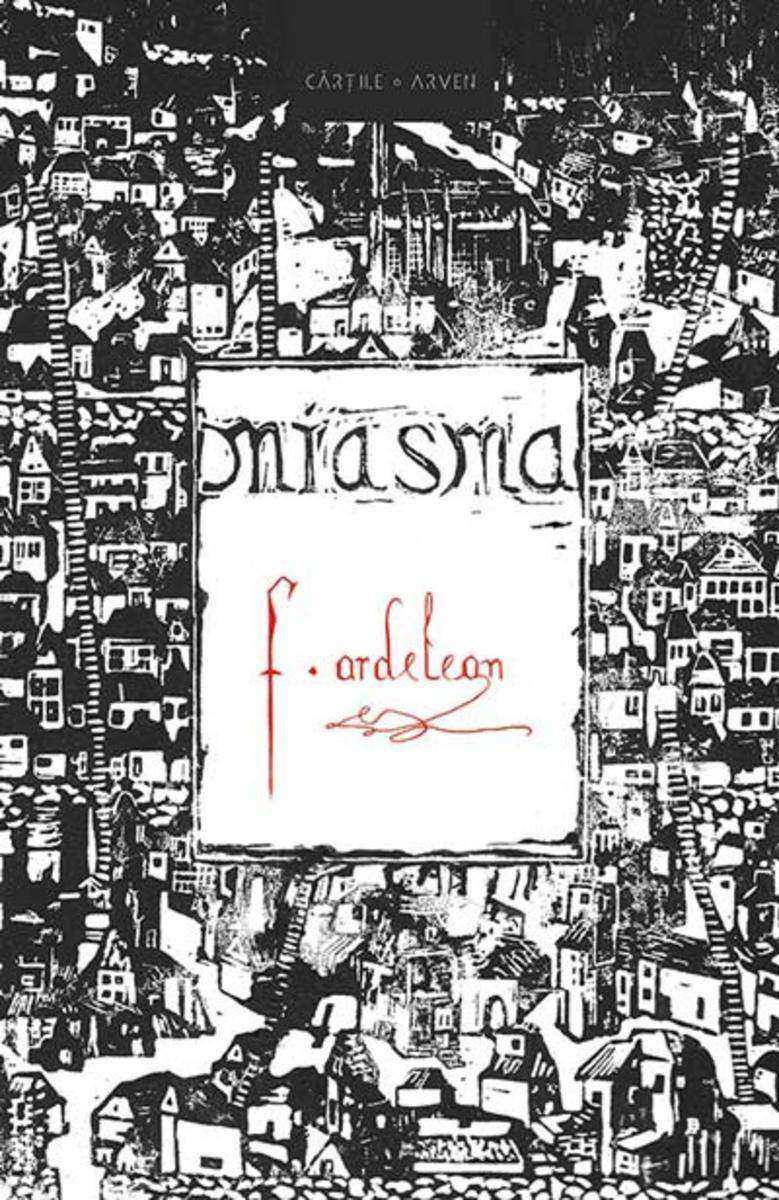
Miasma. Tratat de rezisten?a materialelor
¥65.32
P?n? la biografia scris? de ?pek ?al??lar ?i v?ndut? ?n Turcia ?n peste o jum?tate de milion de exemplare, s-au ?tiut destul de pu?ine lucruri despre Latife Han?m, singura so?ie a generalul Mustafa Kemal Atatürk, ?ntemeietorul Republicii Turce care a r?mas ?n istorie ca unul dintre cei mai charismatici lideri politici din primele decenii ale secolului al XX-lea. ?ntr-o epoc? ?n care educarea femeilor era considerat? inutil? ?i chiar primejdioas?, Latife era o t?n?r? intelectual? care studiase dreptul la Sorbona, vorbea fluent opt limbi str?ine ?i era extrem de ?nzestrat? pentru arte, literatur? ?i muzic?. ?nc? dinainte de a se c?s?tori, a fost o militant? pasionat? pentru drepturile femeilor turce ?i visa ridicarea acestora la acela?i nivel de progres social ?i cultural ca al surorilor lor europene. Hot?r?t? s? pun? cap?t tradi?iilor care ?nrobiser? femeile timp de secole, doamna Atatürk a devenit simbolul noilor femei turce ?n eliberarea de restric?iile musulmane ale haremului ?i v?lului. ?O carte bogat?, surprinz?toare ?i profund?.“ Orhan Pamuk
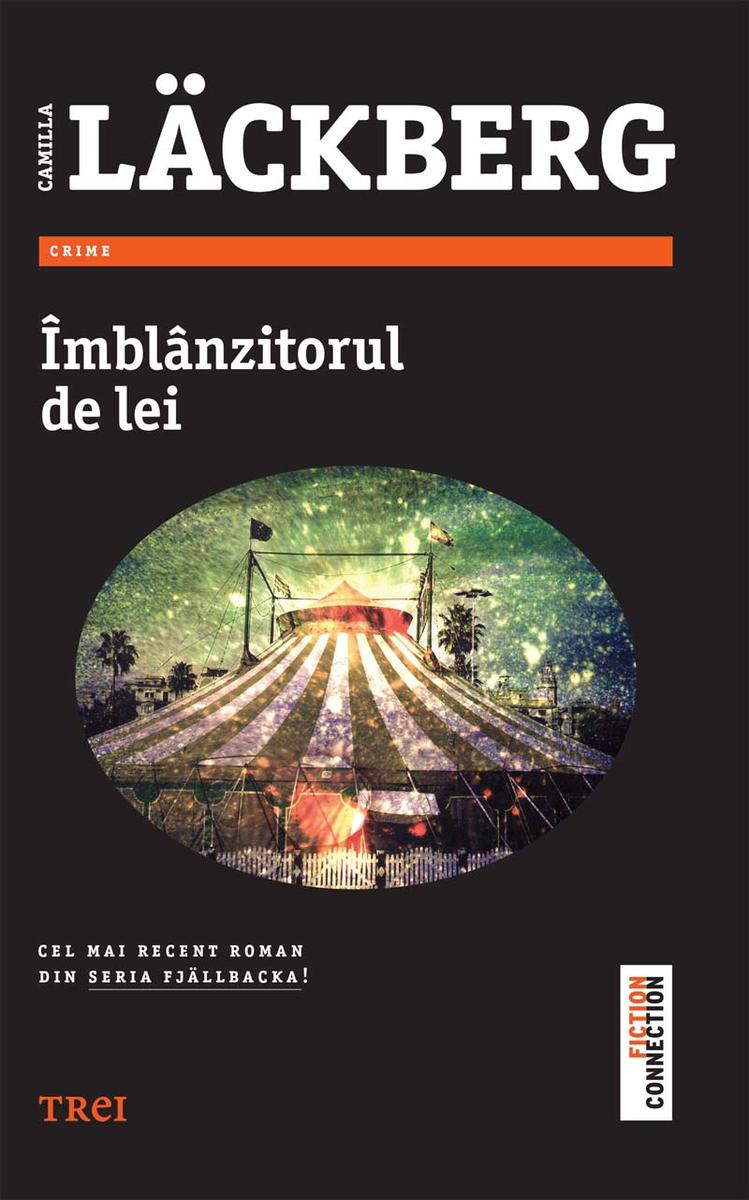
?mbl?nzitorul de lei
¥90.84
Aceste Stampe din Germania se datoresc unui poet român de o ascu?it? sensibilitate. Este, de fapt, un jurnal personal, în parte – dar numai în parte – echivalent cu ceea ce în veacul al XIX-lea s-au dovedit a fi Confesiunile unui copil al secolului . Totul, îns?, se cere a fi privit mutatis mutandis, ?inând seama de spiritul diametral opus al veacului nostru. Dumitru Stancu este un sensibil, dar nu un sentimental în genul lui Musset . În rest, ni se înf??i?eaz? ca un intens f?uritor de atmosfer?, îndeosebi dramatic?. ?i aici iar??i trebuie s? accentu?m o anumit? distinc?ie fa?? de trecut. Ceea ce era atmosfer? liric?, în veacul al XIX-lea, cap?t? intensitatea tensionat? de atmosfer? dramatic? în veacul nostru cutreierat de cataclisme istorice f?r? precedent.
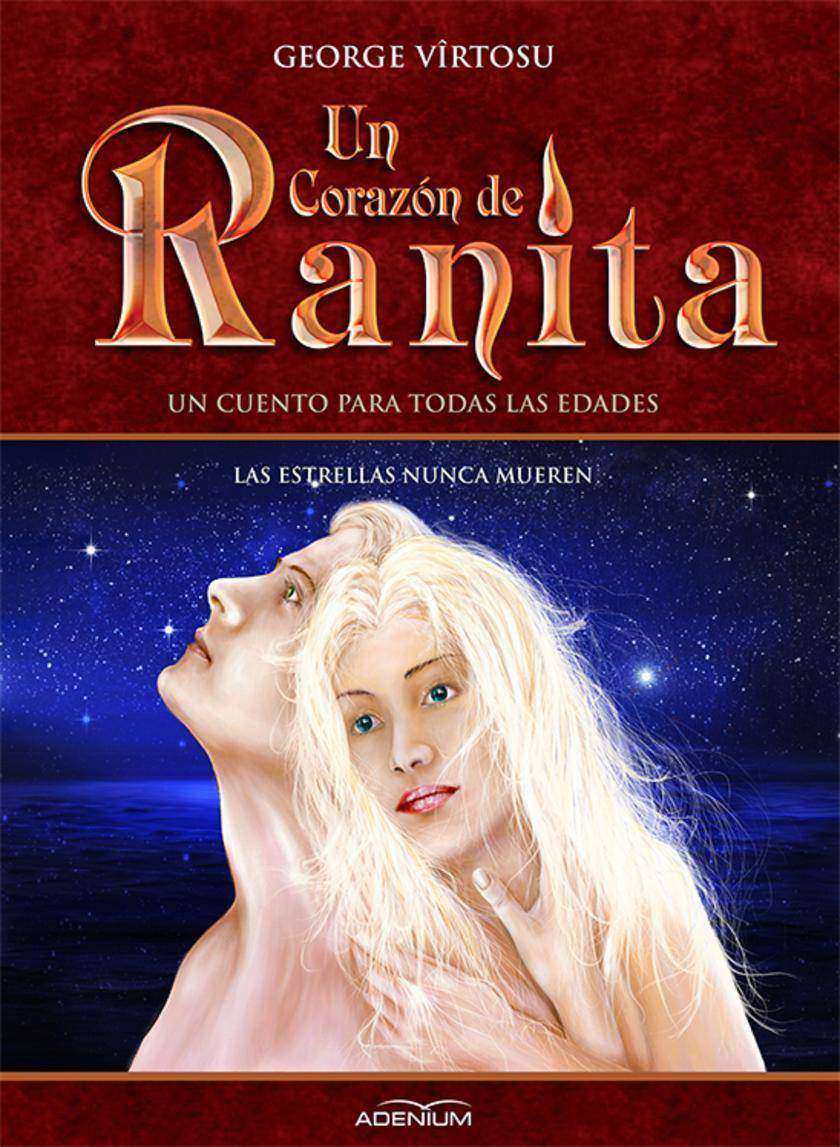
Un Corazón de Ranita. 6° volumen. Las estrellas nunca mueren
¥53.30
Cea mai inconfortabil? carte a anului editorial 2009. (?tefan Borbely)Tr?darea criticii este o excelent? nara?iune eseistic?, o nara?iune subiectiv?, inevitabil iritant? (fiind vorba de via?a literar? ?i de opiniile radicale ale unui prozator care nu ezit? s? scrie ceea ce crede despre colegii s?i), cu portrete ce se ?in minte, uneori foarte crude, alteori luminoase, dominate de superlative… Meritul ei, dincolo de calit??ile literare, este acela de a deschide o dezbatere real? despre via?a noastr? literar? ?n care grupurile se confrunt? ?i ??i confec?ioneaz? propria istorie ?i propria mitologie. Nicolae Breban vine ?i tulbur? apele, enerv?nd, probabil, pe mul?i, dac? nu pe to?i. (Eugen Simion)Cartea lui Breban e una puternic?, neconcesiv?, sulfuroas?, emo?ionant? prin miza ei optimist?, prin militantismul ei pa?optist ?i prin dorin?a autorului de a ?nfrunta prejudec??ile ?i ridicolul ?n numele idealului tinere?ii lui, care era idealul autonomiei esteticului, ?n numele marii crea?ii – spre care a aspirat continuu – ?i ?n numele na?iunii romane, de care nu ?i e ru?ine s? vorbeasc?. Dar e o carte greu de clasat. Surprinz?toare prin oralitatea ei debordant?, prin colocvialitatea ei dezl?n?uit?. (…) Seam?n? cu un aeropag al destinelor tr?date, preschimbat ?n pledoarie ?i discurs de ?mb?rb?tare. ?i, totu?i, ceva, ?n ?inuta de condotier a autorului m? ?ndeamn? s? asociez discursul acestei c?r?i cu acela al unui general rom?n dup? o b?t?lie pierdut? sau indecis?, undeva ?n Nordul germanic, sau ?n fa?a altei b?talii care ar trebui cu orice pre? c??tigat?. (…) ?ntregul discurs se ?ntemeiaz? pe ideea de dec?dere a spiritului ofensiv, pe ideea de pierdere a vechilor virtu?i; ?i aser?iunile par a veni din partea celui care a cunoscut ?n tinere?e o glorie ?i o m?re?ie greu de egalat. (…) Enun?ul patetic, ?nvolburat, al discursului lui Breban – marcat de furie, de candoare, de dezn?dejde ?i de speran?? – este capabil s? absoarb? portrete, minunatele lui portrete, ?nso?ite de celebrele jerbe de epitete brebaniene. ?n aparteu sunt limpezite situa?ii literare (de exemplu, rolul Europei Libere ?i al Grupului de Dialog Social este foarte atent ?i nemilos analizat); ne sunt oferite amintiri nepre?uite pentru istoria literar?, cu nu pu?ine idei. Pe unele dintre ele le-am adoptat deja pentru c? m-au convins. (Eugen Negrici)Crea?ia literar?, spiritul critic au fost profund afectate de polarizarea etica ?i politic?, dup? sf?r?itul comunismului rom?nesc. Etica ?i politica ?i-au dep??it limitele, chiar f?r? ca ele s? ajung? la o reala putere ?i autonomie. Publicul literar, sub?iat de noile interese proprii unei lumi deschise, s-a risipit ?i asist?nd la luptele fratricide ale scriitorilor ?i criticilor care, sub tiranie, fraternizaser? ?n numele impunerii sau cel pu?in al men?inerii criteriilor de art? ?i valoare. Prozatorul scrie o carte de cunosc?tor, g?ndit? cu o ?n?elegere vie, o carte necesar? realit??ii noastre literare, de ultima or?, dar ?i pentru un timp foarte larg, despre o literatur? ?i o critic? ?tr?date“ ?i mai pu?in traduse. Pentru c? ?tr?dare“ a fost, o ?tim bine, doar nu e vreun secret fer(m)ecat. (Marian Victor Buciu)

Tom Sawyer Kalandjai
¥16.27
O ilustrare elocvent a poziiei pe care poetul Vasko Popa o ocup, la ora actual, pe plan mondial, este faptul c Barack Obama, n campania sa electoral pentru preedenia SUA (pe care a i ctigat-o), a afirmat, n 27 octombrie 2008, pe blogul Fundaiei internaionale Harriet, c poetul su preferat este Vasko Popa cu volumul Cutia mic, fiindc Vasko Popa: Este contient i responsabil de lumea n care triete i de propriul sine“. Nici John McCain nu s-a dus prea departe, preferndu-l pe confratele lui Vasko i, pn la un punct, modelul su – Henri Michaux. Aceasta este partea bun i frumoas a lucrurilor, care se datoreaz celor doi stlpi de susinere internaional a lui Vasko Popa, de aducere permanent a poeziei lui Popa n spaiul vast, universal, al limbii engleze: Anne Pennington, traductoarea i prietena familiei Popa (ale crei traduceri, i dup moartea ei, sunt, n continuare publicate), dar mai ales Charles Simic, unul din poeii americani de frunte, de origine srb (a emigrat n SUA la aisprezece ani), ctigtorul Premiului Pulitzer n anul 1991, i care n-a ncetat nici o clip s susin destinul de poet universal al lui Vasko Popa. De cealalt parte ns, politicul a jucat i n cazul lui Popa, ca i n cazul altor lideri, fie ei i formatori de opinie poetica, un rol nefast...“Liubia Raichici
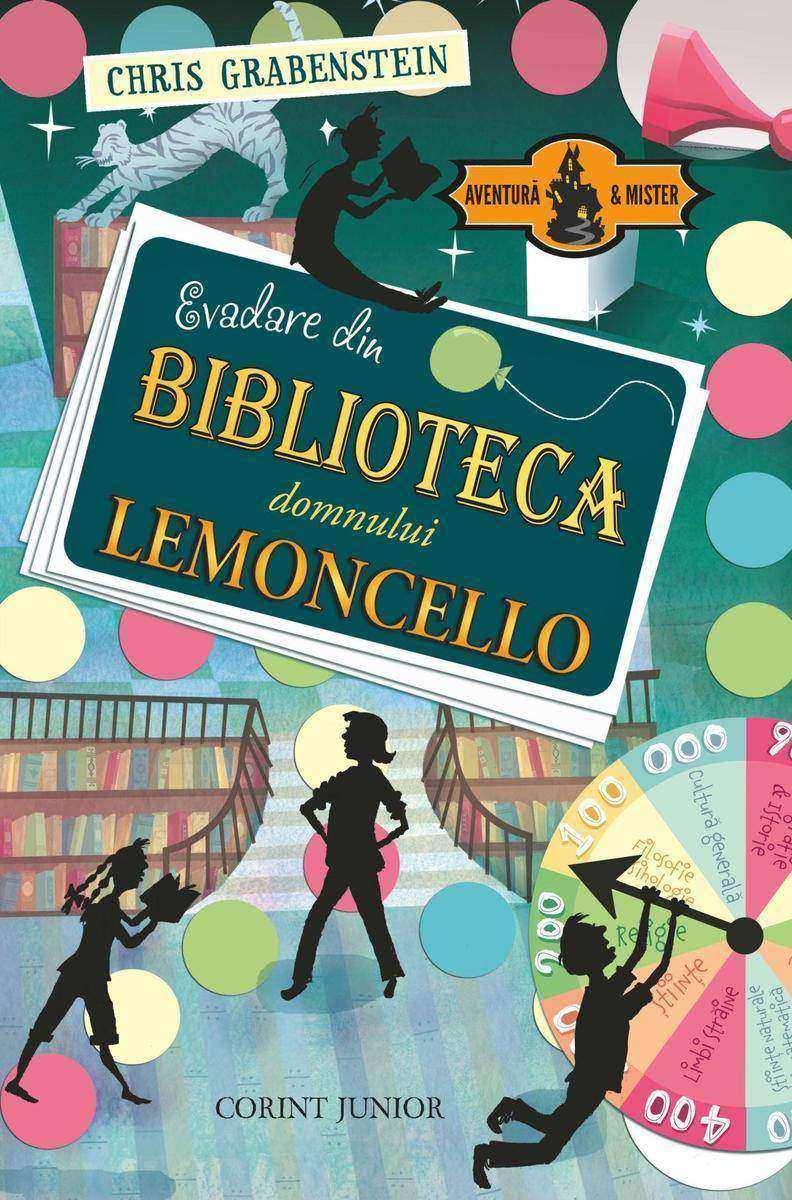
Evadare din biblioteca domnului Lemoncello
¥48.97
Un volum de poeme puternic, scris de unul dintre cei mai importan?i scriitori da?i de Timi?oara.

Secretele celor mai s?n?to?i copii din lume.
¥65.32
Din ?nsemn?rile de scriitor al autorului (Vreme ?nchis?), realizate cu consecven?? ?ncep?nd cu anul 1979 (?i adus p?n? ?n actualitate ?i reprezent?nd ?n primul r?nd cronica unor campanii de geolog prospector care ?i-a desf??urat activitatea ?n cele mai diferite col?uri ale ??rii), nu puteau s? lipseasc? nota?iile privind aspecte din via?? literar? ca atare; ?n selec?ia Scene din via?a literar? sunt deci consemnate scene, portrete, dialoguri, ?nt?lniri cu scriitori, arti?ti plastici, actori, muzicieni, al?i oameni de cultur?. C?teva fragmente edificatoare privind aceast? tem? au ap?rut deja ?n revistele Arge? ?i Oglinda literar? (chiar sub titlul Scene din via?a literar?), dar ?i sub alte titluri: ?n Via?a Rom?neasc? (Medalion Mircea Ciobanu), ?n Luceaf?rul (Via?a cu num?rul 13), ?n Ziua literar? (Am fost ?mpin?i la margine...). Sunt de re?inut relat?rile cu privire la constr?ngerile impuse de cenzura necru??toare ?i la numeroasele stratageme prin care scriitorii c?utau s? ob?in? ?bunul de tipar“ ?i ?bunul de difuzare“, ?n condi?iile de nesiguran?? ?n care se desf??ura activitatea creatorilor de arta ?n comunism, dar ?i atelierul de crea?ie propriu-zis al autorului, care ?n perioada respectiv? lucra la romanele R?m??agul, Curtea Interioar?, Capcana de piatr?, ap?rute ?n acei ani, dar ?i texte de sertar; ?n jurnalul de scriitor vom ?nt?lni, cum ?i era de a?teptat, numeroase referiri la opera proprie, edit? sau inedit? ?n acel moment, dar ?i la operele colegilor de genera?ie sau ale clasicilor.
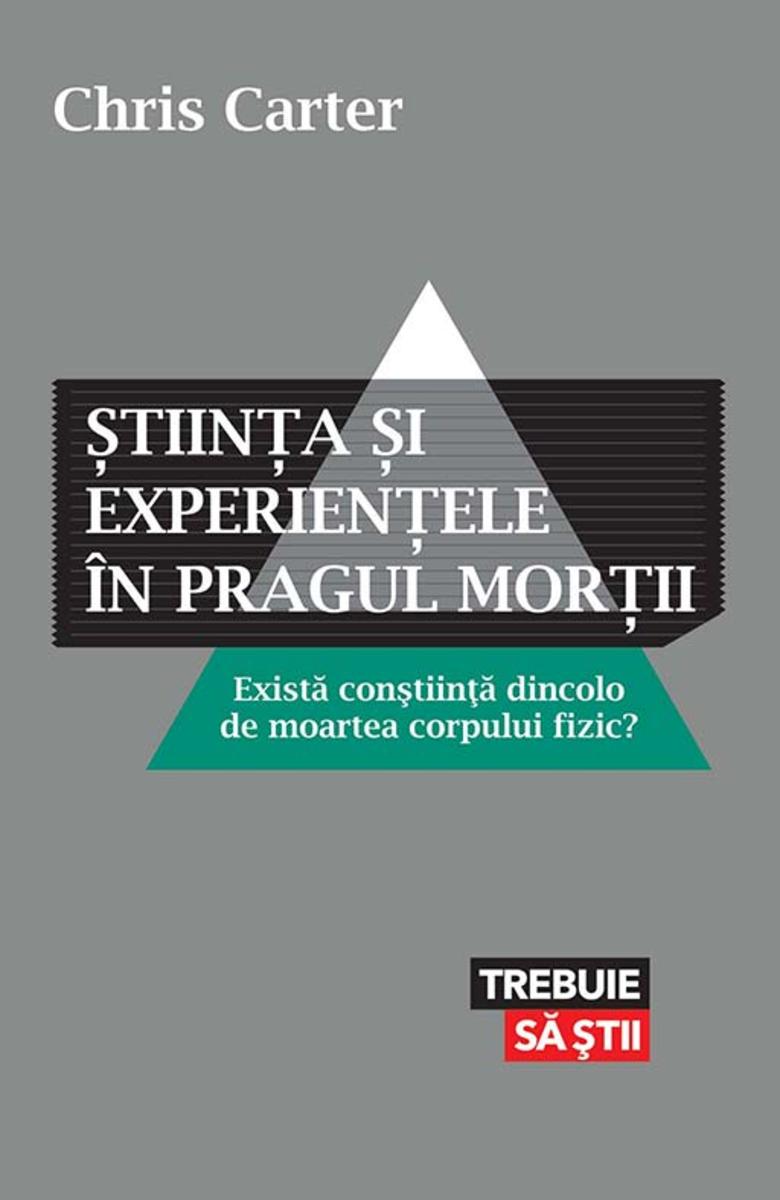
tiin?a ?i experien?ele ?n pragul mor?ii.
¥81.67
Rstimp de douzeci de ani, sub egida acestui prestigios Club de Dialog – Ideea European – au fost organizate numeroase dezbateri, turnee, lecturi publice, conferine, ntruniri, simpozioane, att n ar, ct i peste hotare. M refer, n aceast ordine de idei, la Conferinele Modele Europene. Friedrich Nietzsche, Marx i Nietzsche. Vinovai fr vin, Modele europene. Ion Ianoi, Eugen Negrici. Iluziile literaturii romne sau Nicolae Breban. Trdarea criticii (...) in deopotriv la toate. Unele dintre acestea, multe – majoritatea! – au fost gndite de subsemnata mpreun cu romancierul Nicolae Breban, fiind rodul unei prietenii, al unei compliciti de litere rare – a spune, citnd-o de fapt pe Magda Ursache, unice – cum sunt, de pild, dezbaterile dedicate crilor-eveniment: Iluziile literaturii romne de Eugen Negrici i Trdarea criticii de Nicolae Breban, ca s citez exclusiv dou, oprindu-ne aici. Dar, m ntreb, iar i iar, de ce ne-am opri Nu spunea Blaga, oare, ntr-un vers memorabil: Orice nceput se vrea fecund“ Douzeci de ani sunt un nceput!Destinul nostru este literatura, spuneam ani de-a rndul, parafrazndu-l pe Napoleon, repetnd, iar i iar, aceast afirmaie gnomic, nu rareori, c pe o rugciune, ca pe o litanie, cu smerenie, iar, uneori-adeseori, cu spaim, ntruct – iubindu-l atroce pe sihastrul de la Torino, da, pe Nietzsche cel unic, cel hamletian – tiam, da, tiam, cine se joac de-a destinul... devine destin.“ – Aura Christi

Doktor Proktor pukipora 4. - A nagy aranyrablás
¥56.98
Facerea unei case necesit? voin?a ?i pricepere, cu at?t mai mult facerea unei lumi. Acum, cred ca Muzulie Ceatpat avea geniu. ?mprejur?rile ?ns? i-au fost neprielnice. Amintirile mele legate de proiectul lui se pierd ?n tenebrele Templului s?pat, mai ?nainte de to?i vecii, ?n st?nca hercinic?, de natur?, de oamenii primitivi, ori de c?tre sfin?ii atra?i prin lucarna surprinz?toare a cupolei, ?n str?dania lor de a comunica cu o lume mai presus de fire. Templul Celui Foarte Mare, Bai Ulgun, cum se pomene?te el din str?vechime, este o caverna uria?? ascuns? vederii ?n inima gorganului ?nalt acoperit de zmeuri? ?i tufe de alun printre grohoti?uri. Calota lui, deschisa lumii de un trepan uria?, permite accesul ?n interior pe traseul ?erpuitor al unei sc?ri?e s?pat? ?n t?mpla de piatra p?n? la arhitrava care ?ncercuie?te naosul. De aici se ajunge la platforma principala mult mai u?or, pe scara solida de stejar, ce coboar? ?n fr?nturi de cate ?apte trepte, ?n jurul unei coloane de sus?inere, p?n? la locul unde se petrec toate: jertfe, impreca?ii, rug?ciuni. De jur ?mprejur, delimit?nd parca secven?ial spa?iul ?i timpul, pe suprafa?? concav? a platformei dou?sprezece ?an?uri sub?iri pornesc ?n raze, ca spi?ele unei ro?i ce se unesc ?ntr-un un punct virtual din mijlocul chepengului p?trat aflat ?n opozi?ie cu lucarna rotund? din acoperi?, ?i care prelungit sub podeaua naosului, duce ?ntr-un h?u b?nuit, unind astfel cerul cu p?m?ntul. (Ileana Cudalb) Un roman senza?ional.

A férfi hanyatlása és bukása
¥76.07
Mindenkinél elérkezik egyszer az az id?pont az életében, hogy visszatekint. Ez nálam akkor érkezett el, amikor is bet?lt?ttem azt a bizonyos ?tvenet. Mindig jó tanuló voltam, így nem az ?t?ssel kezd?d? szám volt a sért?n mérvadó számomra. Inkább azon gondolkodtam, elmélkedtem, hogy ennyi évb?l már kell tudni levonni tanulságokat. Nehogy újra és újra elk?vessem ugyan azokat a hibákat. Hisz én nem egy mókuskerékben vagyok, ugye? Rengeteg mindent sikerült meg és átélnem, megértenem és értelmeznem. Ezekb?l szeretnék egy-egy csokrot átnyújtani olvasásra, vagy mondhatnám azt is, tanulságul. Imádom a verseket, sokszor úgy ébredek reggel, hogy csak úgy tolonganak a gondolataimban a szavak és mondatok elegye arra várva, hogy ki és leírjam ?ket. Pontosan én sem tudom honnan is j?nnek, ki is küldte, küldi nekem, de biztosan céllal teszi azt! A versek és a novellák, az elbeszélések adják a k?nyvem szivárványos sokszín?ségét, a n?i lélek érzékenységével és érzékiségével egyetemben. Szeretem látni az emberek arcán azt a kül?n?s mosolyt, amikor verseket olvasva, annak érzelemvilága ?ssze?lelkezik az ? lelkükkel. Engedjük, hagyjuk, merjünk mosolyogni!
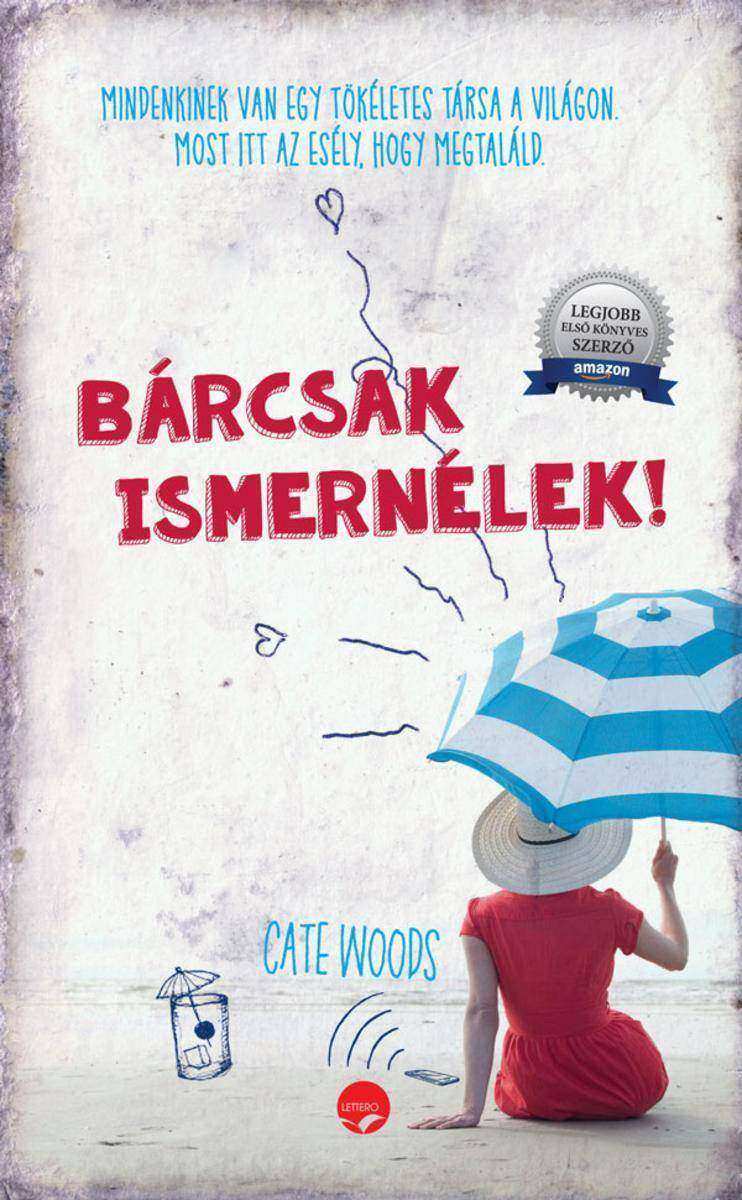
Bárcsak ismernélek!
¥63.85
Ez Jay Dobyns története, azé a szövetségi ügynöké, aki els?ként férk?zött be a törvényen kívüli Hells Angels Motorcycle Club legbels?bb köreibe. A 21 hónapon át tartó akció kis híján az életébe került, és majdnem ráment a családja és az ép esze is. Kezd? ügynökként mellbe l?tték, úgy vásárolta a gépfegyvereket, mint más a tejet, 160 km/órás sebességgel száguldozott az autópályán, illetve részt vett a Hells Angels és halálos ellensége, a Mongols klub között kitört háborúban. Ez csak pár olyan esemény, amit Dobyns felidéz ebben a lélegzetelállító, els? olvasatra hihetetlennek t?n?, de az els?t?l az utolsó szóig igaz történetben. Dobyns nem titkolja el szívszorító kalandjának egyetlen részletét sem. A motorostalálkozókon és a klubházakban rendezett bulikon, a közös motorozások és verekedések alatt összebarátkozik k?kemény motorosokkal, a metamfetamintól hajtott n?ikkel, fegyvermániásokkal, pszichopata sittesekkel, és még a Mocskos Pár nev? elitklub tagjaival is, akik a Hells Angels nevében különösen kegyetlen, er?szakos b?ncselekményeket követtek el. Az er?sen ?rzött bulikon olyan legendás Hells Angels-tagokkal találkozik, mint Chuck Zito, Johnny Angel vagy a motorosklubok keresztapája, Ralph „Sonny" Barger. A beilleszkedéshez mindkét karját teletetováltatja, hogy a tiszteletüket kivívja, megfogadja, hogy bebizonyítja: k?kemény gyilkos. A legnehezebb azonban a rákényszerített kett?s élet: h?séges felesége és szeret? gyermekei, valamint a motoros lét között ?rl?dik. Megfogadja, hogy ? lesz az els? olyan szövetségi ügynök, akit a Hells Angels teljes jogú tagjának választanak, és beférk?zik a klub áthatolhatatlannak hitt legbels?bb köreibe. Ezért nagy árat kénytelen fizetni: a cél érdekében olyan mélyre alámerül ebbe a veszélyes világba, hogy kis híján elveszti önmagát, de kénytelen rádöbbenni, hogy miközben ? beépült a klubba, az is beépült az ? életébe, és amennyire a Hells Angels tagjai sem csak kifejezetten rosszak, ? sem csak jó. A Donnie Brasco maffiába való beépülésére emlékeztet? története mindenki szemét felnyitja a motorosbandák zárt, titokzatos világára. Ilyen messzire Hunter S. Thompson korszakalkotó munkája óta nem jutott senki a Hells Angelsszel. A könyvb?l mindent megtudunk arról a leny?göz?en veszélyes, de egyben vonzó bajtársiasságról, a nihilizmusról, a gy?löletr?l és megfélemlítésr?l, valamint a tagok között valóban létez? testvéri szeretetr?l, ami az egyetlen, t?sgyökeres amerikai b?nszövetkezetet jelképezi.

The Snow Image: "A Childish Miracle"
¥9.24
This book is merely a personal narrative, and not a pretentious history or a philosophical dissertation. It is a record of several years of variegated vagabondizing, and its object is rather to help the resting reader while away an idle hour than afflict him with metaphysics, or goad him with science. Still, there is information in the volume; information concerning an interesting episode in the history of the Far West, about which no books have been written by persons who were on the ground in person, and saw the happenings of the time with their own eyes. I allude to the rise, growth and culmination of the silver-mining fever in Nevada -a curious episode, in some respects; the only one, of its peculiar kind, that has occurred in the land; and the only one, indeed, that is likely to occur in it.Yes, take it all around, there is quite a good deal of information in the book. I regret this very much; but really it could not be helped: information appears to stew out of me naturally, like the precious ottar of roses out of the otter. Sometimes it has seemed to me that I would give worlds if I could retain my facts; but it cannot be. The more I calk up the sources, and the tighter I get, the more I leak wisdom. Therefore, I can only claim indulgence at the hands of the reader, not justification. THE AUTHOR."My brother had just been appointed Secretary of Nevada Territory--?an office of such majesty that it concentrated in itself the duties and dignities of Treasurer, Comptroller, Secretary of State, and Acting Governor in the Governor's absence. A salary of eighteen hundred dollars a year and the title of "Mr. Secretary," gave to the great position an air of wild and imposing grandeur. I was young and ignorant, and I envied my brother. I coveted his distinction and his financial splendor, but particularly and especially the long, strange journey he was going to make, and the curious new world he was going to explore. He was going to travel! I never had been away from home, and that word "travel" had a seductive charm for me. Pretty soon he would be hundreds and hundreds of miles away on the great plains and deserts, and among the mountains of the Far West, and would see buffaloes and Indians, and prairie dogs, and antelopes, and have all kinds of adventures, and may be get hanged or scalped, and have ever such a fine time, and write home and tell us all about it, and be a hero. And he would see the gold mines and the silver mines, and maybe go about of an afternoon when his work was done, and pick up two or three pailfuls of shining slugs, and nuggets of gold and silver on the hillside. And by and by he would become very rich, and return home by sea, and be able to talk as calmly about San Francisco and the ocean, and "the isthmus" as if it was nothing of any consequence to have seen those marvels face to face. What I suffered in contemplating his happiness, pen cannot describe. And so, when he offered me, in cold blood, the sublime position of private secretary under him, it appeared to me that the heavens and the earth passed away, and the firmament was rolled together as a scroll! I had nothing more to desire. My contentment was complete.At the end of an hour or two I was ready for the journey. Not much packing up was necessary, because we were going in the overland stage from the Missouri frontier to Nevada, and passengers were only allowed a small quantity of baggage apiece. There was no Pacific railroad in those fine times of ten or twelve years ago--?not a single rail of it. I only proposed to stay in Nevada three months--?I had no thought of staying longer than that. I meant to see all I could that was new and strange, and then hurry home to business. I little thought that I would not see the end of that three-month pleasure excursion for six or seven uncommonly long years!
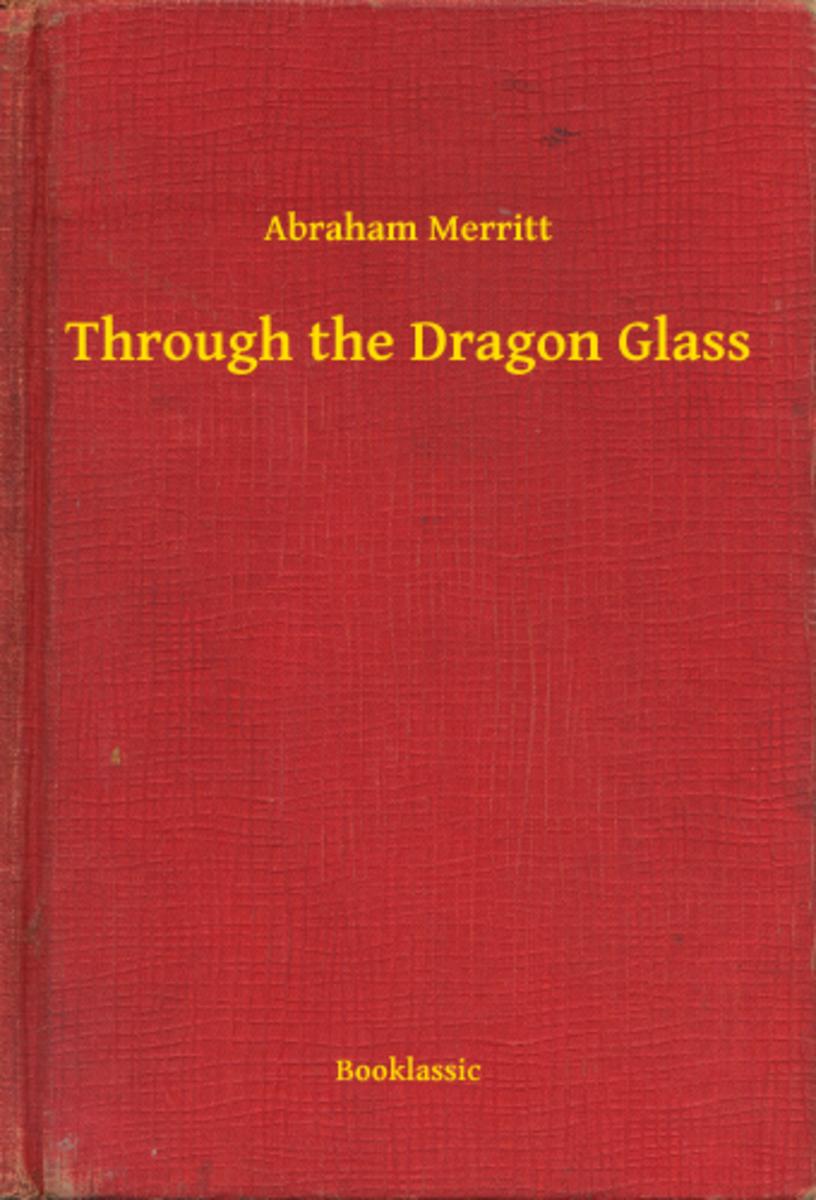
Through the Dragon Glass
¥7.93
Megfizethetetlen cím? k?nyvében Robert K. Wittman, az FBI M?kincsvédelmi Egységének alapítója el?sz?r rántja le a leplet figyelemre méltó karrierjér?l, A Thomas Crown-üggyel verseng?, ám a valós életben is megt?rtént nemzetk?zi thrillert kínálva. A The Wall Street Journal ?él? legendának” nevezte. A The London Times szerint ? ?a világ leghíresebb m?kincsnyomozója”. Wittman a megfizethetetlen m?kincsek és régiségek visszaszerzése m?g?tt rejl? t?rténetekkel kápráztatja el az olvasót. Beépített ügyn?kként általában fegyvertelenül szeg?d?tt m?kincstolvajok, csalók és feketepiaci keresked?k nyomába. Zsákmányainak változatossága egyedülálló. K?rbeutazta a világot, hogy megmentse Rockwell és Rembrandt, Pissarro, Monet és Picasso festményeit, gyakran titokban, a tengerentúli, külf?ldi kormányok szeszélyeire is tekintettel dolgozva. A Wittman által elfogott m?kincstolvajok és csalók k?z?tt van gazdag és szegény, eszes és ostoba, szervezett b?n?z? és kétségbeesett magányos farkas. Arról a csempészr?l, aki egy 6. századi, elrabolt kincset hozott neki, kiderült, hogy magas rangú diplomata. Az értékbecsl?, aki háborús h?s?k leszármazottjaitól lopta el azok családi ?r?kségét, egy ügyes, arisztokrata szélhámos volt. A múzeumi gondnok, aki George Washington hajfürtjeit tulajdonította el, csak egy kis pluszpénzt szeretett volna keresni. Az FBI számításai szerint Wittman t?bb száz millió dollár érték? m?kincset és régiséget mentett meg. Szerinte azonban a statisztika nem fontos, hiszen ki tudná eld?nteni, hogy mi ér t?bbet: egy Rembrandt-?narckép vagy egy a hadat megjárt amerikai zászló? Mindkett? megfizethetetlen.

A dédi ?r?ksége: T?rténelmi regény
¥28.53
Az ?kút az elsüllyedt, de soha el nem temetett gyermekkor k?nyve. A titokzatos ókút a Szabó család debreceni otthonának udvarán állt, és a kis Magdának a k?zelébe sem volt szabad mennie.Szabó Magda feln?ttként alászáll emlékei ókútjába, hogy páratlan érzékletességgel idézze meg gyermekkora színtereit, keltse új életre szerepl?it, legf?képpen szüleit. ?Két tündér gyermeke voltam” – mondta egyszer. Tündérvilágban élt, ahol játék, varázslat, látomás és valóság keveredett, s ami egyszerre volt meghitten ismer?s és csupa rejtély, hétk?znapi és kiismerhetetlen, boldogító és félelmetes. Itt mindenki regényh?sként járt-kelt, a boltjában kuksoló ékszerészt rejtélyes bánat gy?t?rte, a koldus elátkozott királyfi volt, a fák lombkoronája égig ért. Az ?kút az életr?l szól: állatokról és képekr?l, hitr?l és m?vészetr?l, háborúról és hazáról, szerelemr?l és halálról. A megejt? bájjal és humorral átsz?tt t?rténetekb?l egy titokzatos és csodálatos múlt sokszín?, eleven képe áll ?ssze, ami egyben kulcs is Szabó Magda életének és m?vészetének megértéséhez.

Ce spun eu ?i ce ?n?elegi tu. De ce b?rba?ii ?i femeile vorbesc limbi diferite
¥49.62
Az 1922-ben Kolozsvárott született és 2007-ben Budapest elhunyt Polcz Alainet szinte az egész ország tisztelte és szerette. F?zzünk ?r?mmel! cím? k?nyve megírására élettapasztalata és mértéktartásra ?szt?nz? b?lcsessége sarkallta. A kilencvenes évek derekán jutott arra az elhatározásra, hogy gasztronómiai ismeretein túl csokorba gy?jti azokat a mindennapi étek bebiztosításához szükséges ismereteit is, amelyeket hasznosnak tartott megosztani barátaival, ismer?seivel. A k?nyvet Kisorosziban kezdte el írni, ahol férjével, Mész?ly Miklóssal t?lt?tte kivált nyári napjait, de bárhol járt is, sehol sem szégyellte azonnal feljegyezni azt, amit k?tetéhez érdemleges észrevtételnek tartott.

Bébi. Bumm!: Jesszus, szülni 40 f?l?tt?
¥81.75
Bevándorlás Magyarországra, kitelepítés Németországba, málenkij robot Oroszországban, küzdelmes napok újra Magyarországon, a hazában. Világos, Hódmez?vásárhely és Elek. Itt kezd?d?tt családunk élete. 1856-ban született Josef Schwarz anyai dédnagytatám Világoson, katolikus sváb családban. Hódmez?vásárhely az apai ág születési helye. Kerekes Sándor nagyapám 1871-ben született katolikus magyar családban.A sváb parasztok Eleken találkoztak a magyar iparosokkal. Itt találták meg a munkalehet?séget, amivel családjukat el tudták tartani.Családunk t?rténete egyszer? hétk?znapi emberek életér?l szól, akik átéltek két világháborút, ukrajnai kényszermunkát és németországi kitelepítést. Unokáim családunk leszármazottainak ?t?dik generációja. Tudniuk kell, hogy a t?bb mint 150 év alatt családunk t?rténete hogyan alakult, milyen életet éltek ük- és dédszüleik.Elégtételt kell kapnia a nagyszüleimnek és a szüleimnek, hogy az emlékezet nem engedi elfelejteni az életüket.

A Zrt.: Politikai krimi
¥28.53
Sz?cs Iza okos, modern n?, lelkiismeretes orvos – és odaadó gyermek. Mindent megad ?zvegyen maradt anyjának, felk?lt?zteti Budapestre, ahol kényelmes élet várja Sz?csnét. Csak azt nem adja, amire anyjának a legnagyobb szüksége volna: ?nmagát. Nem látja, hogy anyagi javakkal nem lehet kiváltani a t?r?dést, és nem érti, hogy a gondoskodásnak az is része, ha hagyjuk, hogy a másik gondoskodjon rólunk. Férje sírk?vét felállítandó Sz?csné hazatér a városba, ahol egész életét leélte. Egy k?d?s, ?szi estén sétára indul fiatalkori találkáik színhelyére, s a feltétel nélküli szeretet, amely Izából olyannyira hiányzik, végre megmutatja neki az utat. A Pilátus egy anya t?rténete, aki le akarja venni lánya válláról a kellemetlen terhet, amelyet ? maga jelent.
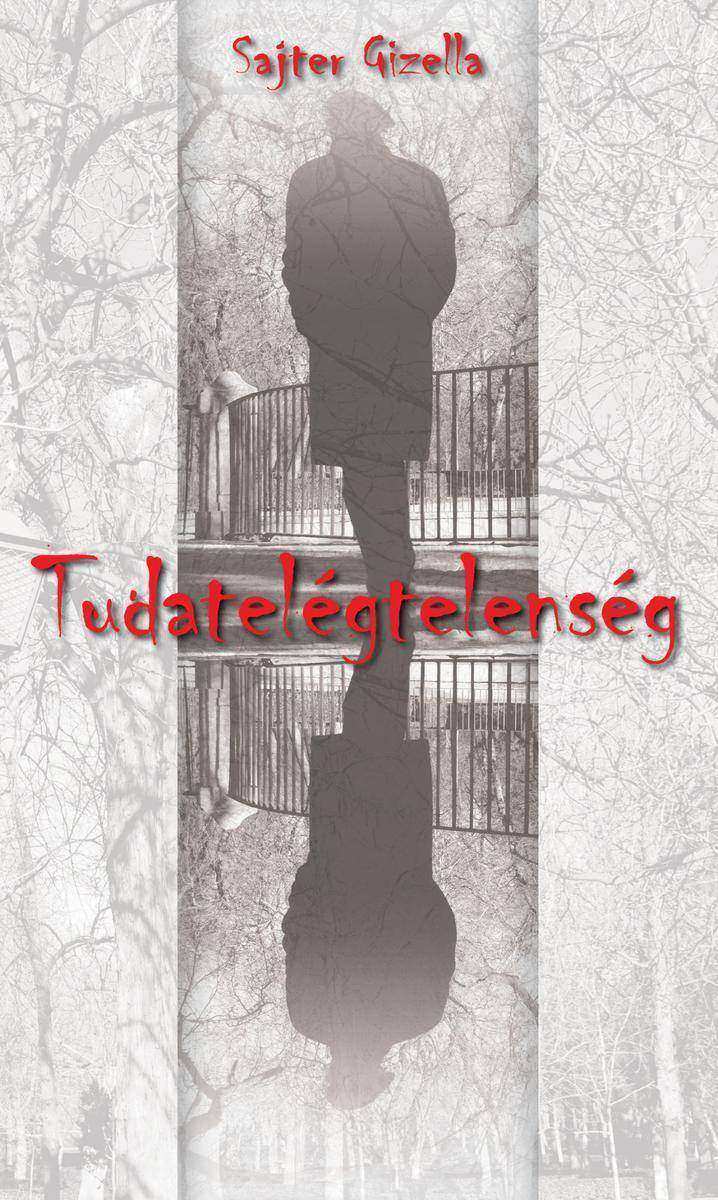
Tudatelégtelenség
¥11.20
Volt egyszer egy büszke város, Trója, melyet a g?r?g?k ?r?kre elt?r?ltek a f?ld színér?l. ?m egy maroknyi trójai, élén a h?s Aeneasszal útra kelt, hogy megtalálja új hazáját: így kezd?dik a Római Birodalom eredetmítosza. ?s így kezd?dik Szabó Magda regénye is, hogy Aeneast r?gt?n az elején, a menekülés k?zben váratlanul odaveszett feleségével, Creusával cserélje fel. A pillanat egy rendkívüli n? fájdalmasan szép és ironikus t?rténete. Egy n?é, akir?l mindenki azt hiszi, férfi. T?rténelmet ír, bejárja az alvilágot, látja a j?v?t, de nem ismeri a szerelmet. Imádott és rettegett félistenként kell élnie, holott nem vágyik másra, mint hétk?znapiságra. Halhatatlan, bár már megmenekülése pillanatában halott. Szabó Magda az antik világba helyezi a kiválasztottak magányának id?tlen t?rténetét. Színpompás fantáziája mitikus figurákat változtat hús-vér lényekké és sosemvolt isteneket b?v?l elénk. A mágiát minduntalan megt?r? kesernyés humor viszont mai m?vé, egy meghasonlott lélek modern eposzává avatja A pillanatot.
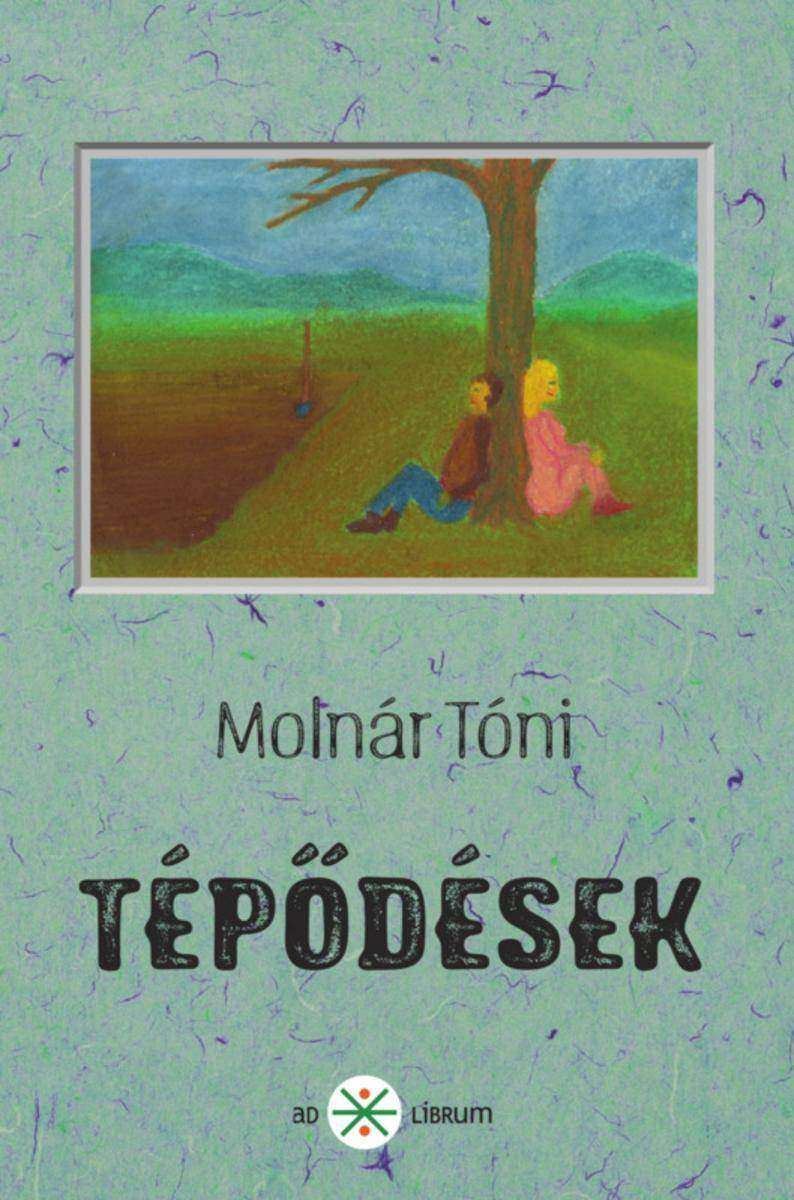
Tép?dések
¥28.53
A?Mózes egy, huszonkett???brahám és Izsák ósz?vetségi t?rténetének modern feldolgozása. Az ?brahámok a Horthy-kort, a második világháborút, a Rákosi-érát megélt és megszenvedett ?rettenetes” szül?k, nagyszül?k. Az Izsákok lázadó fiatalok, akik nem kíváncsiak felmen?ik múltjára, akart-akaratlan áldozatvállalásukra, szenvedéseikre, beteljesületlen szerelmeikre-vágyaikra, elrontott életükre. Nem hajlandók áldozatot hozni istenekért-eszmékért, a maguk útját akarják járni. Egy ?szigetre” vágynak, távol a vénekt?l, ahol együtt és maguk lehetnek. Gál Hugi és ?dám, Bartos Márta és Gyuri – a két testvérpár – csontkockán dobják ki, melyik lánynak kell teherbe esnie a ?nemzet mártírjának” fiától, a naivnak és jámbornak t?n? Miklóstól. Mert ? bizonyára kap majd egy lakást az anyjától nászajándékul. A játék azonban komolyra fordul: Hugi beleszeret Miklósba, és elhatározza: új életet kezd vele. Vajon Miklós is így akarja? Mikor újraolvastam a?Mózest, ugyanazt a késztetést éreztem, mint pár éve?Az ajtó?felelevenítésekor. Akkor elzarándokoltam Szabó Magda házához, hogy megbámulhassam azt a bizonyos ajtót, és ácsingózhassak a kerítés el?tt. A?Mózes?megjelenése után fiatalok tucatjai bukkantak fel a szerz?nél, csak hogy néhány szót válthassanak vele. Megrendülten t?prengek rajta, miféle szív és lélek lakozott ebben a t?rékeny testben, micsoda írói tehetség, hogy életb?lcsességét olyan er?vel tudta szavakba ?nteni, amivel embereket repít ki komfortzónájukból ? pusztán, hogy pár pillanatig megmerítkezhessenek valamiben, amir?l maguk sem tudják, mi, de a k?nyv hatására elementáris vágyként jelentkezik bennük. –?Singer Magdolna
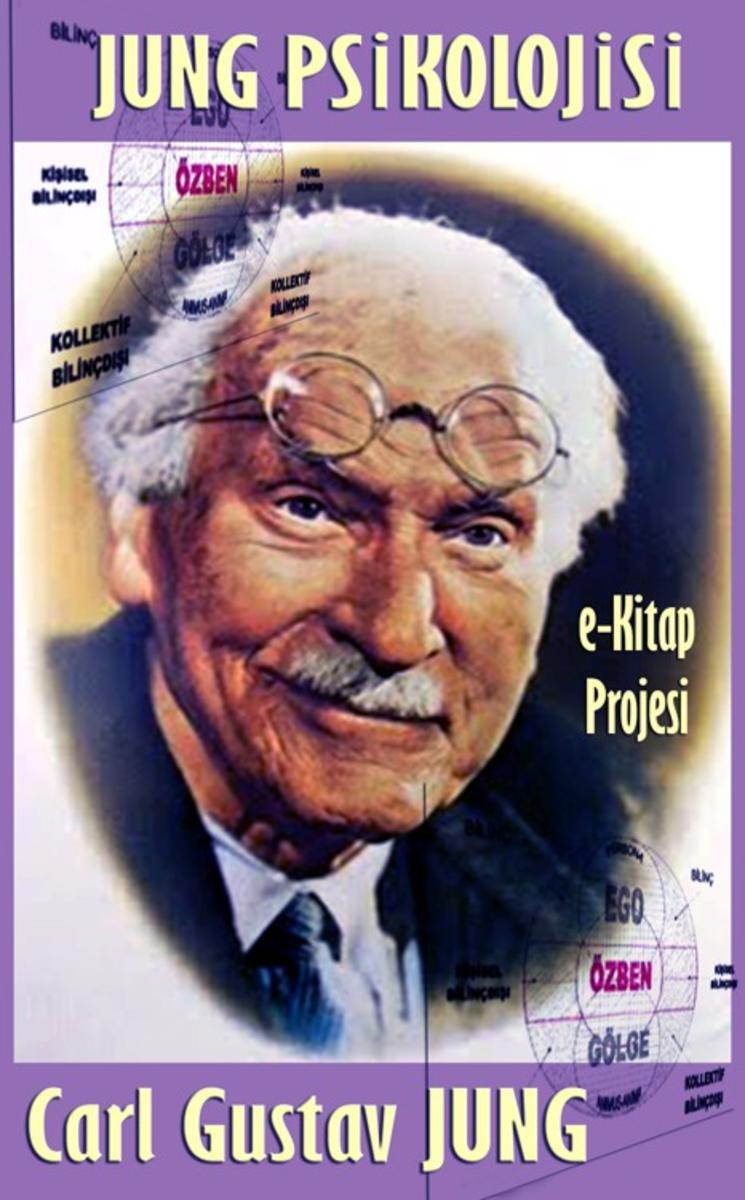
Jung Psikolojisi: "Bir Psikoloji & Modern Psikanaliz Kurami"
¥45.78
Ezek a versek azoknak szólnak, akik úgy érzik, hogy életük felett a gondok hullámai készülnek ?sszecsapni. Szürke hétk?znapokban k?nnyen keseredünk el, vagy csüggedünk, ha nehezen j?nnek a sikerek, ha kevés a pozitív visszajelzés. Legyen szó pénzr?l, egészségr?l, kapcsolatokról, vagy a boldogságról. Néhány lélekemel? gondolat segíthet felfedezni a benned rejl? er?t, a kiaknázatlan er?forrásokat, amik képesek éreztetni veled, hogy olyan életet élsz, amilyet szeretnél és hogy senkivel nem cserélnél! M?nich Krisztina tapasztalta, hogy a szeretetnek és a hitnek hatalmas ereje van. Meger?sít benne, hogy a helyes úton jársz, gyógyít, inspirál és felemel. Verseivel és az Angyalokkal együtt szeretne biztatást, reményt nyújtani.
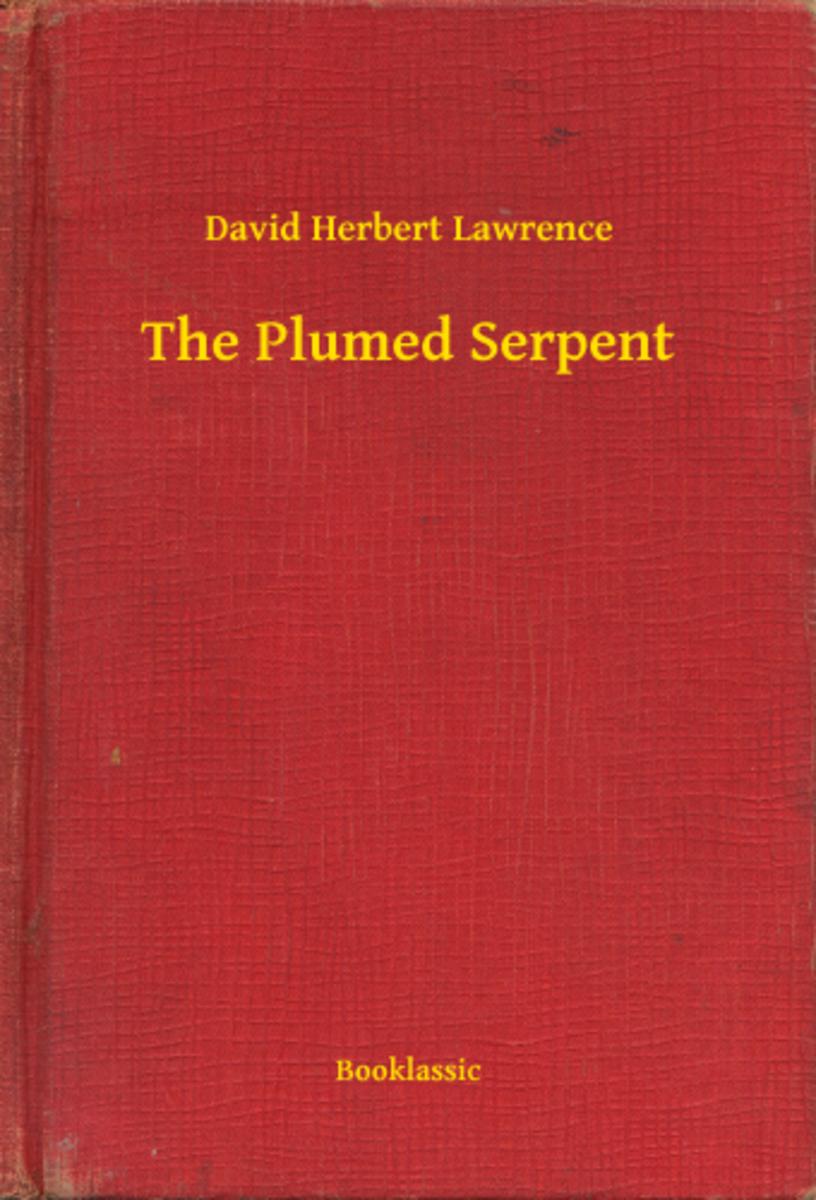
The Plumed Serpent
¥7.93
Két férfi les egy ablakot, felbukkan-e ott Mengele. ?znak-fáznak a hajnali harmatban, étlen-szomjan. Egyikük fogával tépné szét az anyja gyilkosát. A másik azt gondolja, nem érdemes elfogni egy rémalakot.?Isten Igéje elavult, az ?rd?g nyilvánította ki az új tízparancsolatot. Ahol az állt, hogy szeresd felebarátodat, ahogy akarnád, hogy téged szeressenek, ott ezt írta: Mit tehetsz felebarátoddal? Használd, vagy ?ld meg. ?s a parancs megfert?zte a világot.??gy valójában nem egy eszement orvost, hanem légiónyi ?rd?g?t kellene elfogniuk. Nincs választásuk, egyet tehetnek: megpróbálhatják egymást szeretni.Er?teljes, szuggesztív, remek Mengele-regény. - F?ldes Anna, ?let és IrodalomEgyszer? eszk?z?kkel, vaslogikával építkez? regény. - Berkes Erzsébet, Múlt és J?v?Kivételesen becses és szép k?nyv. - Vári Gy?rgyMik?zben olvastam, nem ment ki a fejemb?l, hogy Auschwitzra az els? atombomba válaszolt, így hát[] azzal a tudással kell élnünk, hogy néhány gombnyomással az egész F?ld Auschwitzcá alakítható át. - E?rsi István ?
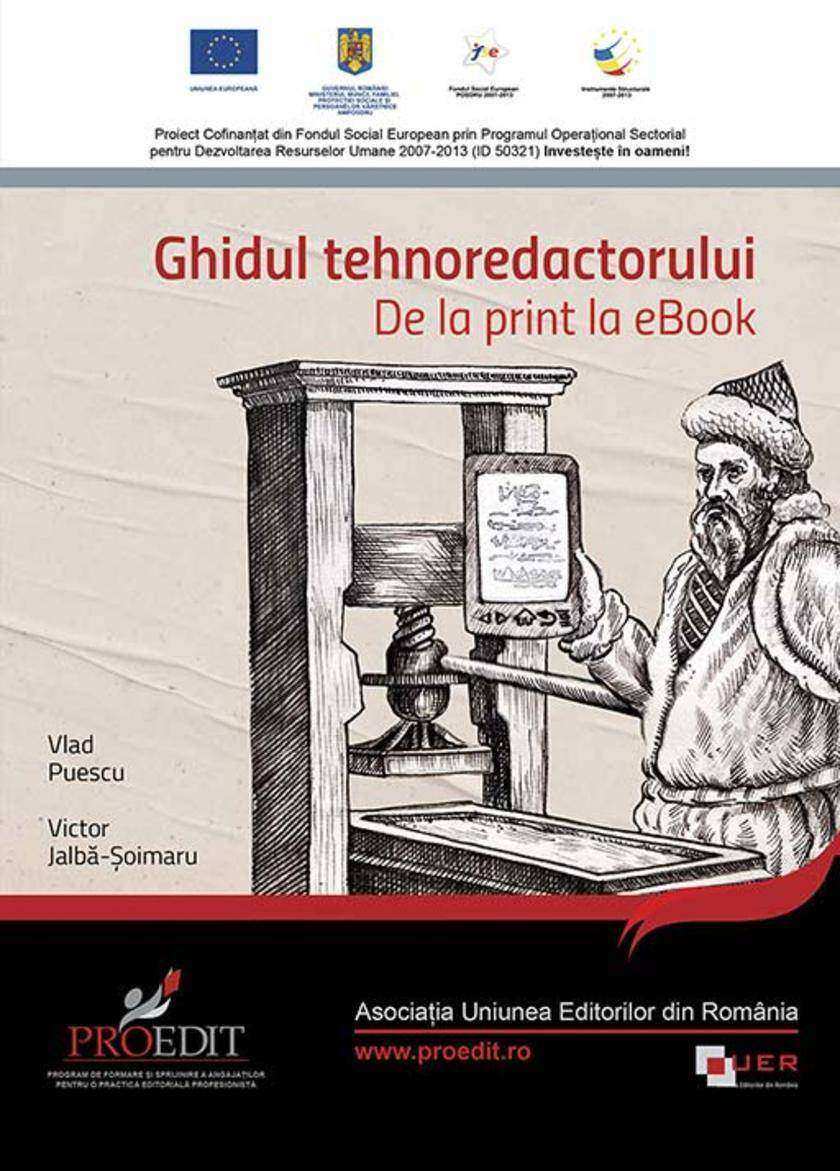
Ghidul tehnoredactorului. De la print la eBook
¥57.14
Un b?iat pe nume Bobby Zimmerman din Hibbing, statul MinnesotaUn c?nt?re? folk din Greenwich Village ?n anii ‘60Un autor c?ruia i s-a decernat ?n 2016 Premiul Nobel pentru Literatur?Toate cele de mai sus! Afl? mai multe despre adev?ratul Bob Dylan ?n aceast? biografie amuzant? ?i minunat ilustrat?!




 购物车
购物车 个人中心
个人中心



